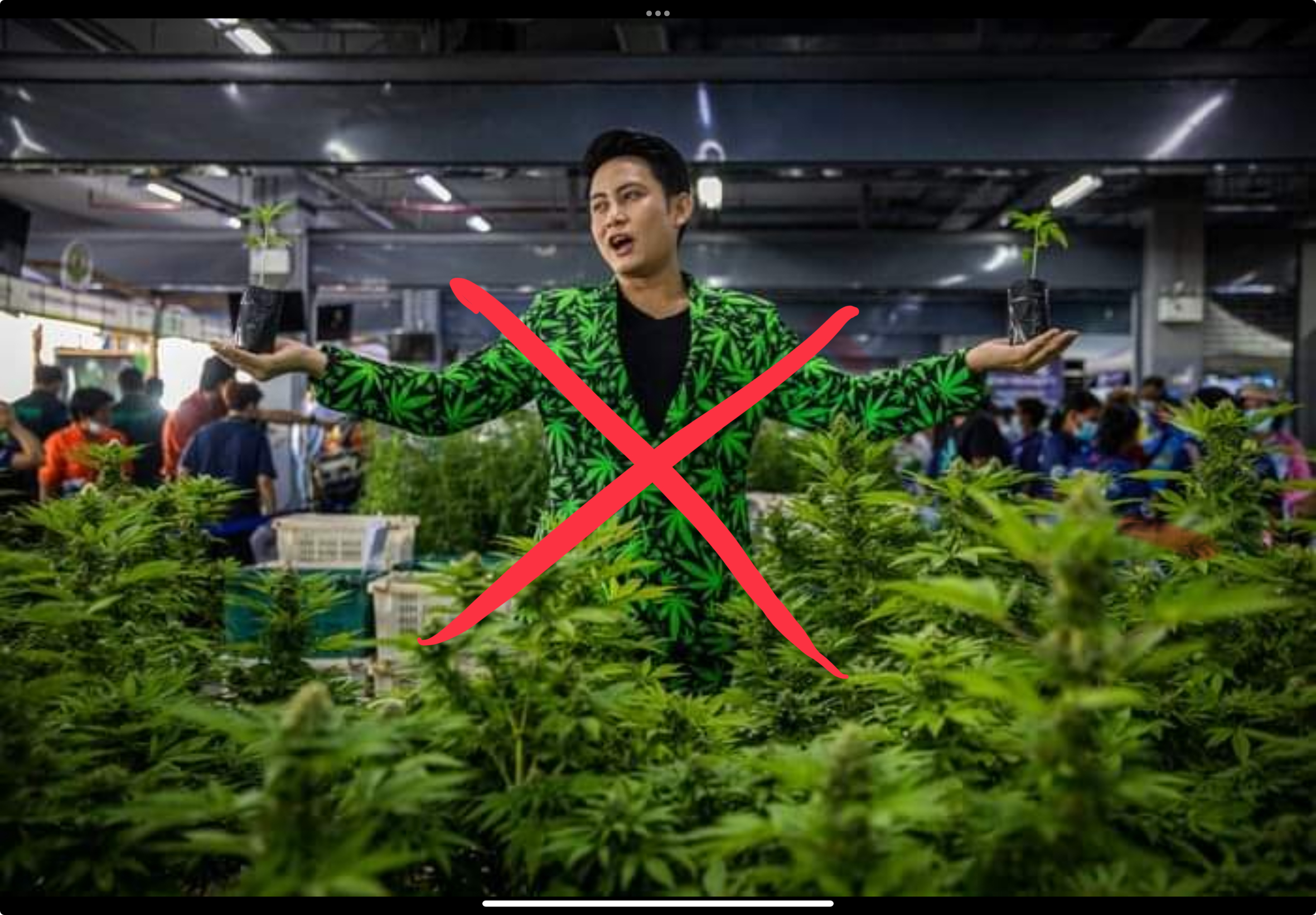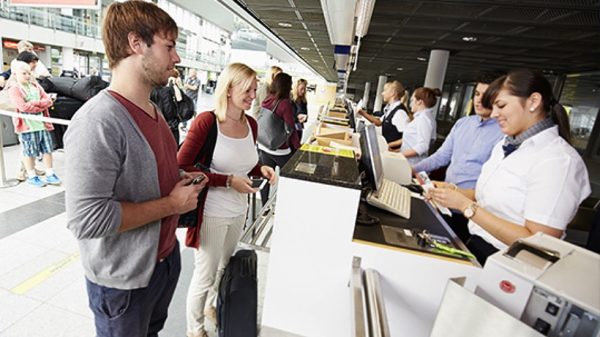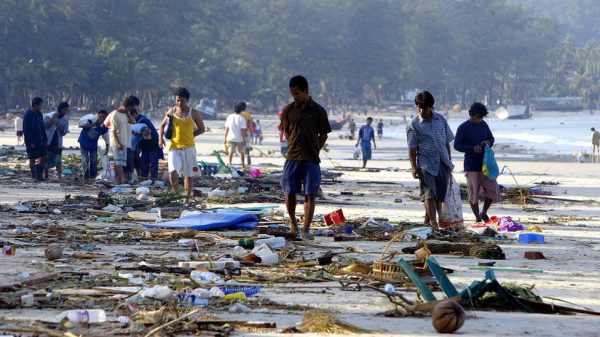Thailand’s Public Health Minister Cholnan Srikaew say the a revised version of the Cannabis & Hemp Control Bill is set to be presented at next week’s cabinet meeting. The proposed bill maintains the stance that “cannabis is strictly for medical purposes” and explicitly prohibits any recreational use.
The fate of the numerous businesses, that have sprung up in the absence of clear regulations since cannabis was removed from the controlled narcotics list in 2022, remains uncertain.
Previously, the Bhumjaithai Party, part of the current coalition government, advocated for cannabis liberalisation, but their bill failed to pass under the previous administration… multiple times. And its support was very thin with other coalition or opposition MPs.
Dr. Cholnan outlined that the new bill would specify permitted parts of the cannabis plant, consumption methods, and possession limits.
Under the revised bill, “cannabis stem, roots, leaves and buds” will be reclassified as “narcotics” due to their THC content. Smoking cannabis may require a doctor’s permit, emphasising the bill’s focus on “medicinal use only”.
Dr. Cholnan clarified that while different from the Bhumjaithai Party’s proposal, the revision does not oppose cannabis’s medicinal use. It aims to address concerns about cannabis abuse since its delisting from the Narcotic Drug List two years ago.
Then, last weekend, there were numerous complaints about cannabis use at the Coldplay concert, being held at Rajamangala Stadium. Patrons expressed dissatisfaction due to the waft of marijuana smoke floating around. Popular Thai actor Phanuwat “Copter” Kerdtongtawee highlighted the issue his social media, urging government action to urgently regulate recreational cannabis use.
Dr. Cholnan acknowledged the lack of enforceable regulations against cannabis use at public events like concerts, signaling the need for legal measures.
The proposed bill is expected to require permits for all cannabis plantations, emphasising medical-grade cultivation practices. Home cultivation, originally supported by the Bhumjaithai Party, is unlikely to continue.
Then there’s all the cannabis shops that hav spring up around the country, some 7000 stores. They are awaiting clarity on their operations. These shops offer various cannabis products, including extracts with minimal THC content, primarily for medicinal use. Without being given any specific ‘green light’, these retail outlets used the lack of enforcement over opening retail cannabis stores as an excuse to invest in the nascent industry.









